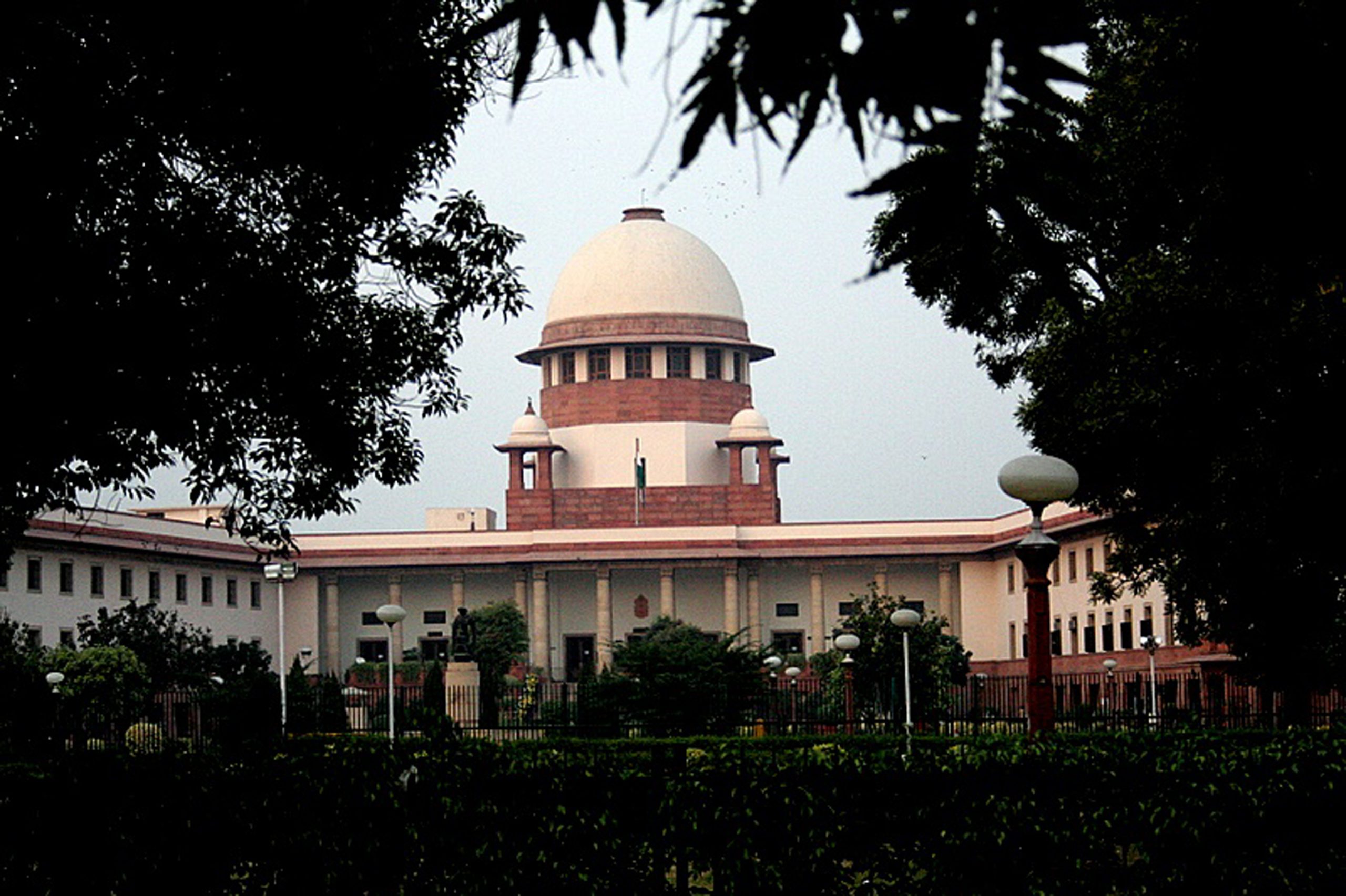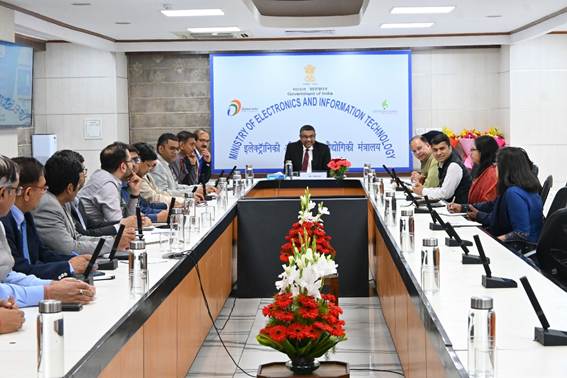The Supreme Court on Thursday declined to entertain a plea by the National Federation of Indian Women (NFIW) challenging recent demolition drives, stating that it did not want to open a “Pandora’s box.” The court emphasized that only those directly affected by the demolitions should approach it for relief.
A bench comprising Justices B R Gavai, P K Mishra, and K V Viswanathan observed that the petitioner was neither directly nor indirectly impacted by the alleged demolitions and, therefore, could not seek intervention.
NFIW’s counsel argued that despite the Supreme Court’s stay on unauthorized bulldozer action, incidents of demolition had occurred in Uttar Pradesh, Uttarakhand, and Rajasthan without court approval, violating earlier orders. However, the bench remained unconvinced, reiterating that only aggrieved parties could challenge the actions.
The issue revolves around the top court’s earlier directive on October 1, where it extended a stay on demolitions conducted without court permission. The interim order—aimed at framing pan-India guidelines on demolition drives—will continue to remain in effect. However, the stay does not apply to unauthorized constructions on roads, footpaths, or other public spaces, including religious structures such as temples, mosques, or dargahs.
The bench stressed that public safety must take precedence over religious considerations, noting that structures, regardless of faith, cannot obstruct public spaces. The court added that its concern lies with the misuse of municipal laws, cautioning that demolition actions must be consistent and not selectively enforced based on the individuals involved.
The bench reiterated that while unauthorized religious structures on public spaces are not protected by the stay, demolitions must adhere to the law and not be weaponized. It warned against the use of demolition drives as a form of extralegal punishment, particularly against marginalized communities and minorities.
The court previously ordered on September 17 that no demolition of property could take place across the country without prior judicial permission. However, Thursday’s hearing saw the extension of the interim stay, pending further orders on guidelines for demolition practices.
(Inputs from ANI)




















